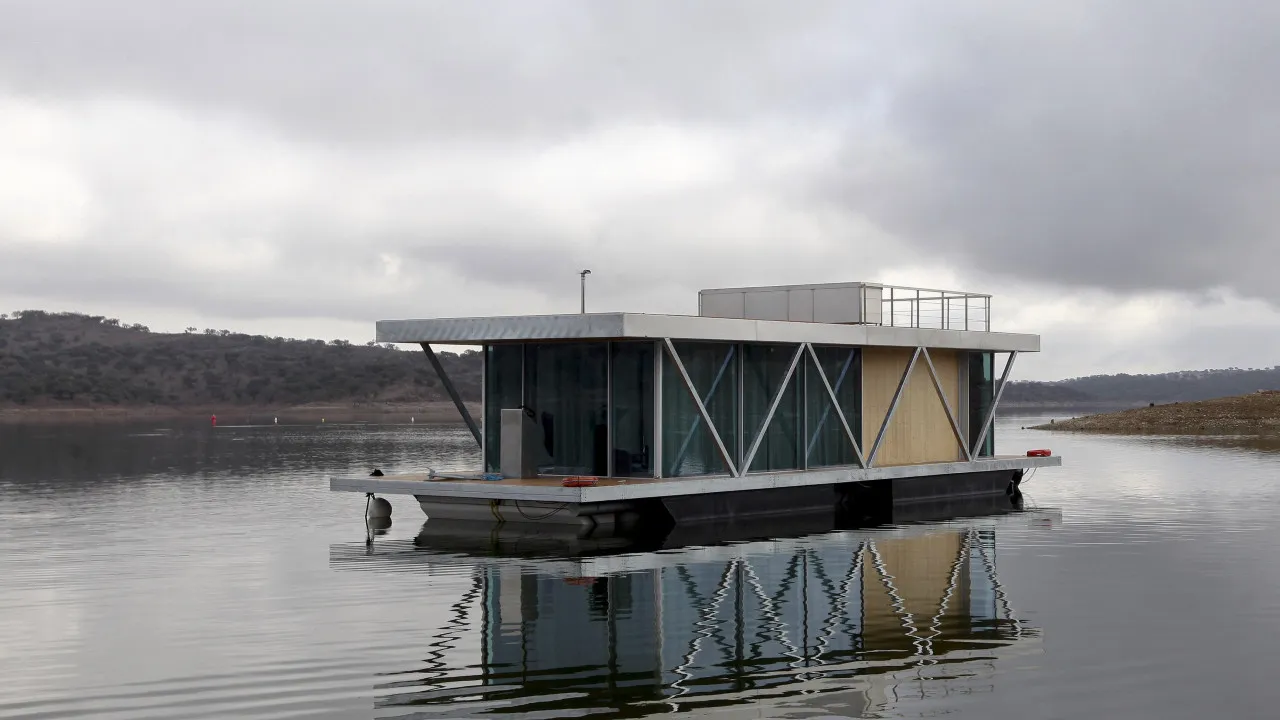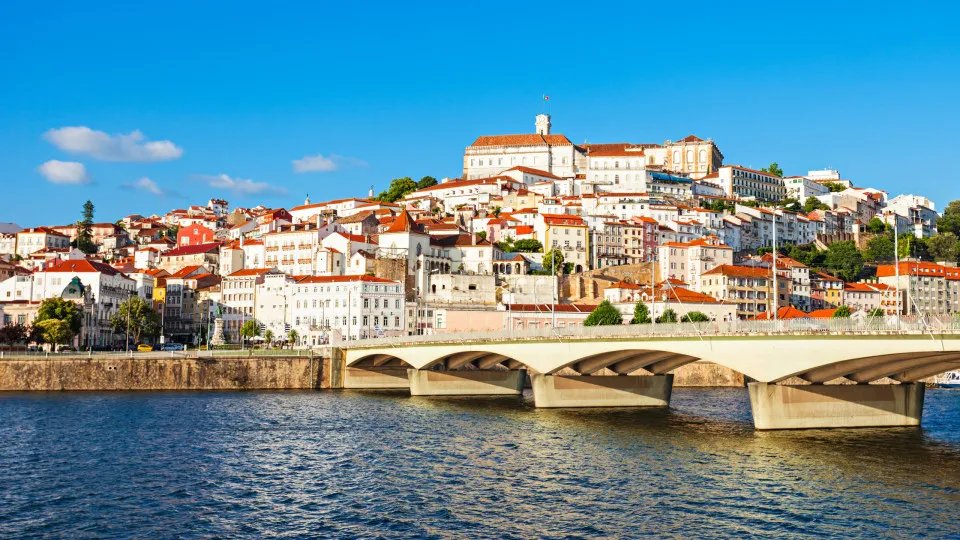
In 2024, Portuguese tourist accommodations are projected to report an average revenue per occupied room (ADR) of 160.46 euros. This metric is crucial in the sector as it tracks price evolution. The figures, based on Eurostat publications, were provided by consultancy firm CoStar, which specializes in hospitality.
This amount signifies a 6.8% increase, above the inflation rate, positioning Portugal among the top 10 markets with the highest prices for hotel and tourist accommodation stays.
Cyprus leads with 288.62 euros, followed by Greece at 230.11 euros, Italy at 222.44 euros, France at 183.96 euros, Croatia at 175.85 euros, Malta at 171.96 euros, and Ireland at 169.32 euros. Spain and Luxembourg complete the top ten with 158.06 euros and 149.85 euros respectively.
The most significant price increases were noted in Russia, which saw a 15.2% rise to 97.27 euros, Serbia with a 12.9% increase to 126.27 euros, and Greece with a 12.4% rise. Conversely, Israel reported the steepest decline with a 9.5% decrease to 226.98 euros in revenue per occupied room.
Analyzing the full list of 43 European countries from CoStar’s study, which includes the United Kingdom, Switzerland, and Russia, Portugal ranked 13th, advancing two spots from 2023.
Monaco tops the list with 572.74 euros, followed by Iceland at 292.33 euros, Cyprus, Switzerland at 262.08 euros, and Greece.
However, when examining the latest data from February this year, the low tourism season, Portugal fell nine places to 22nd position with an ADR of 108.88 euros. Despite this drop, the value still represents a 1.6% increase compared to the same period last year.
These figures align with the trend highlighted by Cristina Siza Vieira, Executive Vice President of the Portuguese Hotel Association (AHP), indicating the sector is growing more in value rather than in occupancy rates.
“We are growing more in value than in occupancy rates. These are not the growth rates we experienced until 2022, post-pandemic. In 2023, growth slowed down, and it continues in 2024,” Siza Vieira stated last week during the presentation of an AHP survey to its members.
According to the same study, 56% of respondents anticipate better revenues this year, while 33% expect them to remain similar to those in 2024.
Regarding the cautious outlook for 2025, Cristina Siza Vieira pointed to uncertainties surrounding U.S. trade policies, which are expected to have global impacts. This includes the prospect of reduced tourist demand from the U.S., which could be offset by increased domestic demand within Europe and other destinations like the Asian market.
American tourists have significantly contributed to the sector’s growth in Portugal.
Last year, 5.1 million overnight stays by non-residents in Portugal were from U.S. tourists, marking a 12% increase compared to 2023 and accounting for about 9% of the total, which exceeded 56 million, a 4.7% rise, according to data from the National Statistics Institute (INE).
The United Kingdom, with over 10 million overnight stays, Germany with 6.3 million, and Spain with 5.4 million, occupied the top three positions.




